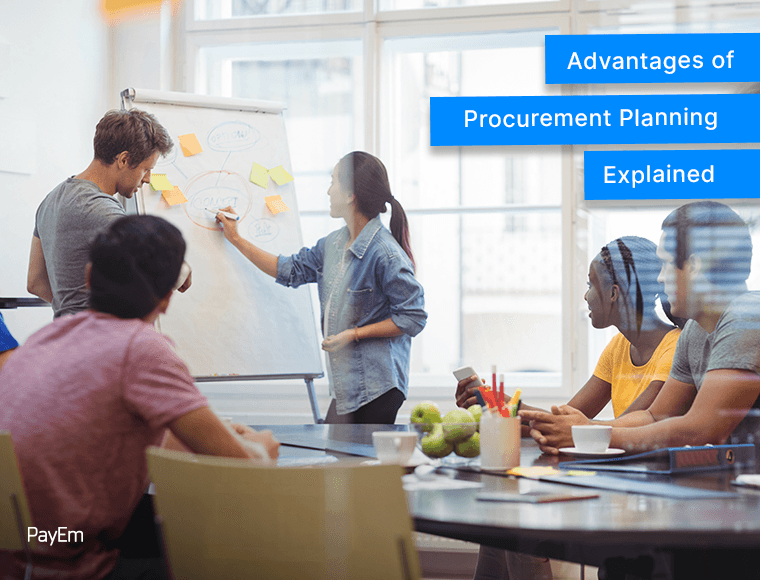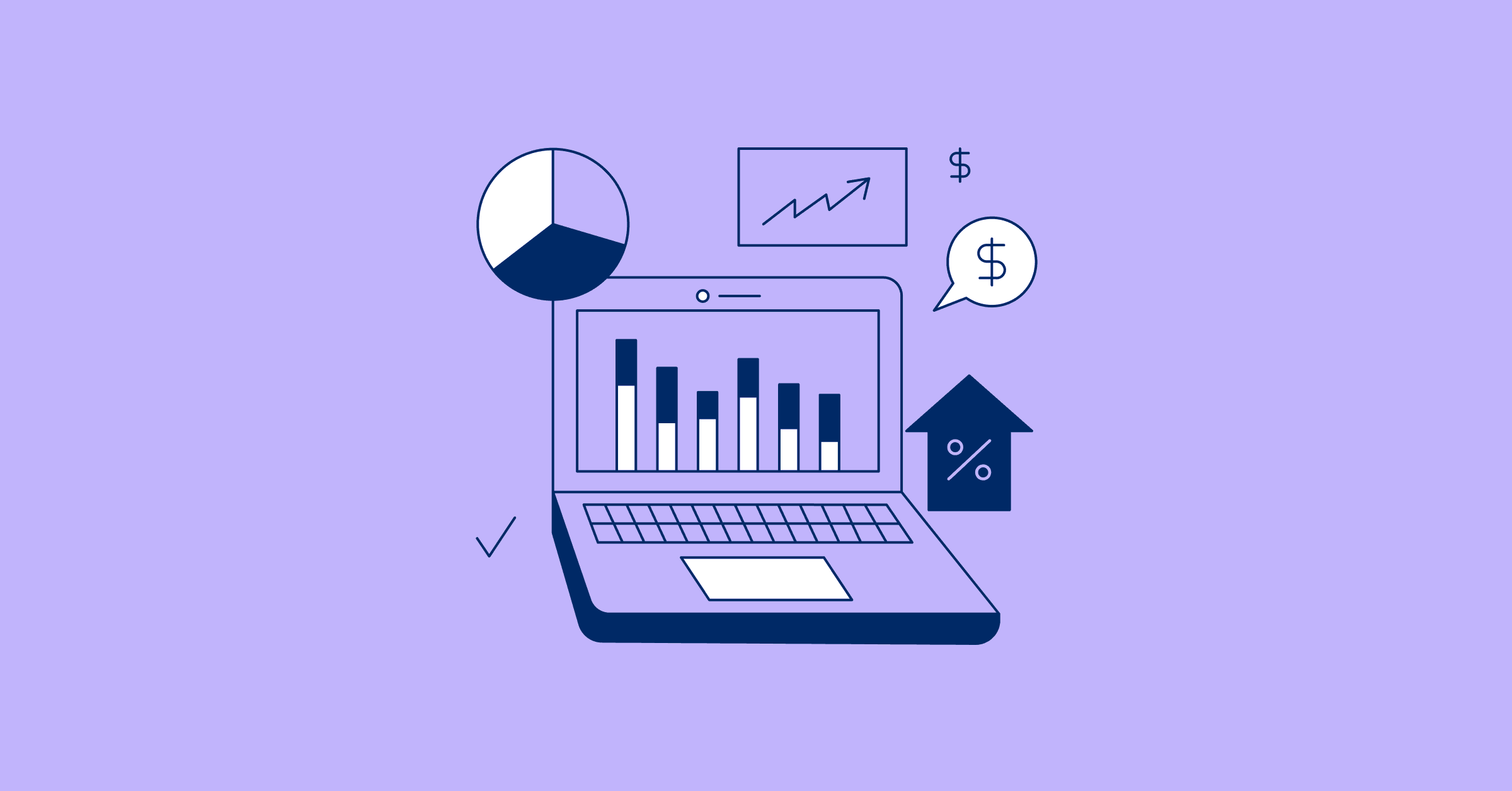November 03, 2022
Advantages of Procurement Planning Explained

Sign up for our newsletter
Stay informed with the latest trends and best practices in finance and procurement.

They say that good things happen to those who wait. More to the point, good things happen to businesses that plan well and plan early. In the professional world, this newly coined mantra can apply in many ways, from HR policies to advertising and, importantly, procurement planning.
Even amongst experts, procurement exists in a pseudo-vacuum, in which even the experts have difficulty properly qualifying what it entails and what can make it a success. Procurement is the process by which companies acquire the goods and services they need to continue regular operations. However, such a simplified definition omits the substantial planning, leg work, and maintenance required for a company’s procurement process to function in the long term. So, to assist, we’ll dive into procurement planning from square one.
This article will include the following topics:
- What is procurement planning?
- Why is procurement planning important?
- What are the advantages of procurement planning?
- How can technology assist with procurement planning?
What is procurement planning?
Given that procurement as a whole focuses on companies’ acquisition of goods and services, procurement planning concentrates on the planning involved in making that happen. More to the point, procurement planning is the portion of the overall procurement process that identifies a business’s requirements and timeframes. In an ideal world, procurement planning results in well-defined needs and clear outlines to their corresponding vendors.
Why is procurement planning important?
“Look before you leap” is a common saying that applies universally to individuals and businesses. Without proper foresight and anticipation, the end result could be disastrous. This cautionary tale applies strongly to the case of procurement and the importance of procurement planning.
In the case of a business, procurement planning is not just important, but also essential. For instance, in the case of office supplies, human resources wouldn’t wait for an employee’s first day to start working out how to secure a desk, seat, or computer. In all, procurement planning helps companies and departments plan quarterly KPIs and budgets while acting as a guide to whatever may arise.
What are the advantages of procurement planning?
With an understanding of the importance of procurement planning, it becomes clear to see the concept’s utility. As a means of illustration, we’ve outlined several advantages posed by proper procurement planning, listed below:
1. Future-Proofing
Procurement planning is not just about planning for upcoming procurement processes, needs, and strategies, but it can also be helpful when it comes to future iterations and changes. More to the point, with procurement planning in place, it not only can solve a company’s immediate needs, but it can think things through with an eye towards what may yet arise.
2. Intersecting Performance & Planning
If procurement planning were as simple as, “go buy things from this vendor at this time,” anyone could do it. Instead, procurement planning needs to find the perfect balance between performance and planning (e.g., how do we know if the procurement process is working? Or if the vendor is working out?). As such, procurement planning offers tools for measuring performance along with clear KPIs and methods for providing feedback, thereby ensuring the procurement strategy is able to improve and remain effective.
3. Increasing Transparency
There is not much point to procurement planning if no one can refer to the end product. Ideally, stakeholders should be able to refer to the procurement strategy for any reason, at any time. As a result, procurement processes should be universally accessible, easy to follow, and in the case of a hiccup, easy to set back on the right path.
4. Forecasting resource allocation
A significant aspect of procurement planning involves resource considerations. Such allocation thought processes come in the form of what’s needed now, what’s anticipated, and what funds are required to make it all happen. The ability to plan ahead in terms of inventory and budget is crucial and will result in a more robust procurement strategy.
5. Saving money
In the case of procurement planning, time is most certainly money. By planning in advance with attention placed on future needs, timeframes, and budgets, the possibilities are endless. For instance, with enough advance planning, procurement strategists could begin negotiating with potential suppliers and vendors to maximize results that would otherwise have been unfathomable.
How can technology assist with procurement?
Procurement planning is but one part of the much larger puzzle that is procurement. For a long time, procurement processes were based on excel spreadsheets and an uncomfortable amount of manual data entry. Nowadays, thanks to certain Fintech solutions, procurement has reached new heights.
One such solution, PayEm, has enabled users of its platform to link finance, sales, and procurement teams in ways heretofore unimaginable. Moreover, with full automation capabilities and a feature suite that ranges from employee requests to PO creation and reconciliation, the entire procurement lifecycle is accounted for and modernized. For a no-cost, in-depth walkthrough of the platform, be sure to contact PayEm’s experts.


